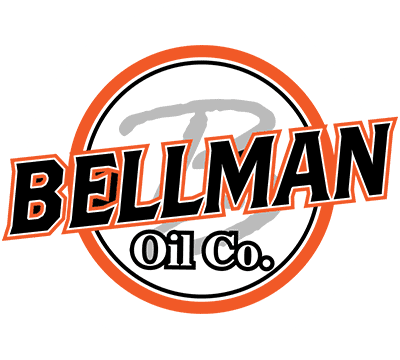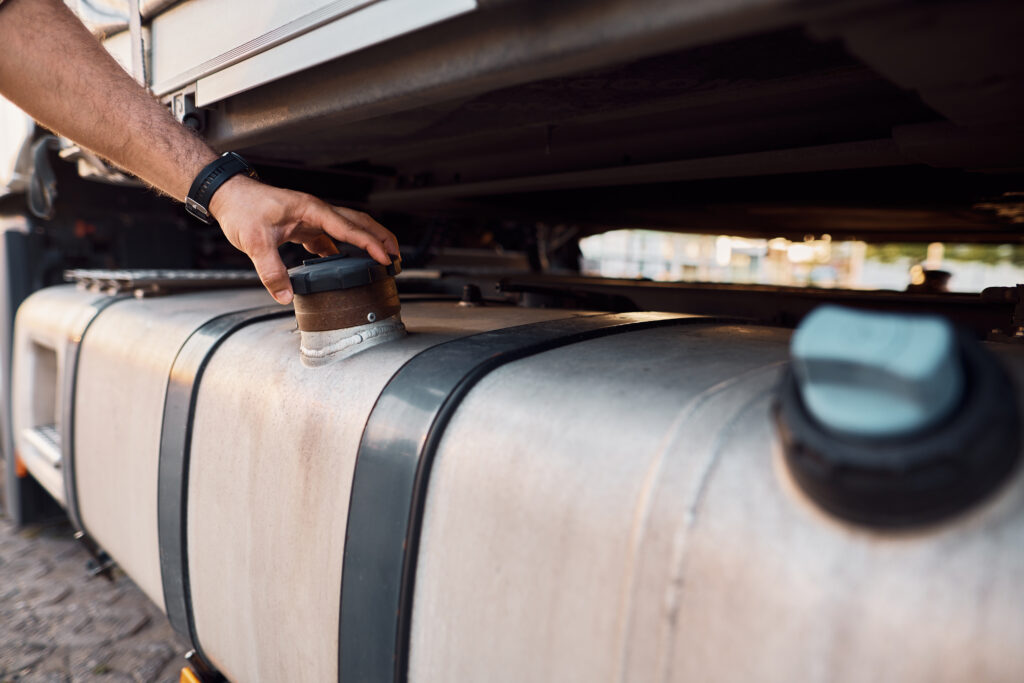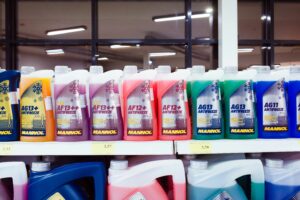For commercial operators, clean and reliable fuel is essential. Farmers, fleet managers, and industrial companies all depend on equipment that runs smoothly and that requires a consistent supply of fuel. However, stored fuel can become contaminated, causing clogged filters, damaged injectors, and costly downtime. That’s where fuel polishing and tank cleaning come in. These services are designed to restore fuel quality and extend the life of your storage tanks. However, they’re not necessary every day, which raises an important question: When is fuel polishing and tank cleaning truly worth the investment?
What is fuel polishing?
Fuel polishing removes accumulated water, sludge, and microbial growth from stored fuel, restoring it to its former usability. Unlike simply adding a chemical additive, polishing is a mechanical process that circulates the fuel through a series of filters, separating out contaminants and restoring it to usable condition.
This service is especially important for industries that rely on diesel fuel, including agriculture, trucking, and manufacturing. For example, a trucking company that stores large volumes of diesel on-site may not use the fuel quickly enough to prevent it from becoming contaminated. Similarly, farm equipment that sits idle for months at a time is vulnerable to condensation and microbial growth.
By polishing fuel, operators can protect their engines, reduce maintenance issues, and make sure their investment in stored fuel doesn’t go to waste.
Why Fuel Tanks Get Contaminated
Fuel contamination is more common than many operators realize. Even when tanks are properly sealed, several factors can compromise the quality of stored fuel.
Water Intrusion
Condensation inside tanks is a leading cause of contamination. Temperature swings in the Midwest, where summers are humid and winters are frigid, create the perfect conditions for water vapor to form and collect inside tanks. Poor seals or leaks in delivery systems can also introduce water.
Microbial growth
Sometimes called “diesel bug,” microbes thrive at the boundary where water and fuel meet. Left unchecked, they produce sludge that clogs filters and compromises equipment.
Sediment and Rust
Older tanks are prone to corrosion, and particles of rust or dirt can settle at the bottom of the tank. Over time, this sediment is stirred into the fuel supply, creating performance issues.
Fuel Aging
Diesel fuel isn’t meant to sit unused for long periods. After six months to a year, it begins to degrade, increasing the likelihood of contamination.
These problems can compromise an entire fueling system, from the fuel itself to the injectors, pumps, and fuel tank.
When Fuel Polishing Is Worth It
Not every operation requires routine fuel polishing. The key is recognizing when conditions make it a smart investment. Here are the most common situations:
- Clogged filters or injector problems: If equipment requires more frequent filter changes or shows signs of reduced performance, contaminated fuel is often the cause.
- Long-term storage: Fuel that has been sitting for 6–12 months without turnover is a candidate for polishing.
- Water detection: Regular tank inspections or the use of water-finding paste may reveal water accumulation, which is a clear indication for polishing.
- Backup generators or seasonal equipment: Generators, farm machinery, and other assets that remain idle for extended periods require additional protection. Fuel polishing before use helps ensure reliable starts and consistent operation.
- Microbial contamination: If lab tests or inspections confirm microbial growth, polishing is necessary to restore fuel quality.
In these cases, fuel polishing acts as preventive maintenance. It extends the life of stored fuel, reduces wear on equipment, and lowers the risk of expensive downtime.
Tank Cleaning: How It Fits In
While fuel polishing focuses on cleaning the fuel itself, tank cleaning addresses the root of the problem: the storage container. Over time, tanks naturally accumulate sludge, rust, and microbial buildup that polishing alone cannot resolve or prevent.
Tank cleaning involves removing debris and thoroughly cleaning the inside of the storage vessel. This process is often paired with polishing, especially if contamination has been severe or recurring. For example, if polishing removes water and sludge from the fuel but leaves behind deposits on tank walls, those deposits will eventually contaminate the fuel again.
For operations with older tanks or those that have experienced repeated contamination, cleaning is a critical step to restore system integrity and prevent future issues.
Cost vs. Risk: The Business Case
It’s natural to question whether polishing or cleaning is worth the cost. The answer lies in comparing the expense of maintenance against the potential losses from downtime or equipment failure. Consider these factors:
- Direct costs of contamination: Replacing clogged filters, repairing injectors, and cleaning fouled lines.
- Indirect costs: Downtime for critical equipment, lost productivity, and even lost revenue if trucks or machines can’t operate.
- Replacement costs: Contaminated fuel can reduce the lifespan of engines, resulting in costly repairs or replacements.
By contrast, the investment in polishing or tank cleaning is relatively modest. It’s a proactive step that saves money in the long run and gives operators peace of mind knowing their fuel supply is reliable.
Proactive Protection Pays Off
Fuel polishing and tank cleaning aren’t services you need every day, but they can make all the difference when contamination strikes. By knowing the warning signs and taking action before problems escalate, farmers, fleet managers, and industrial operators can safeguard both their fuel supply and their equipment.
At the end of the day, clean fuel means dependable performance. When in doubt, consulting an expert can help you determine whether polishing, tank cleaning, or both are worth it for your operation.
Partner with Bellman Oil!
Wondering if your operation could benefit from fuel polishing or tank cleaning? Contact the Bellman Oil team in Northern Indiana today for expert guidance and service tailored to your equipment and storage needs.




